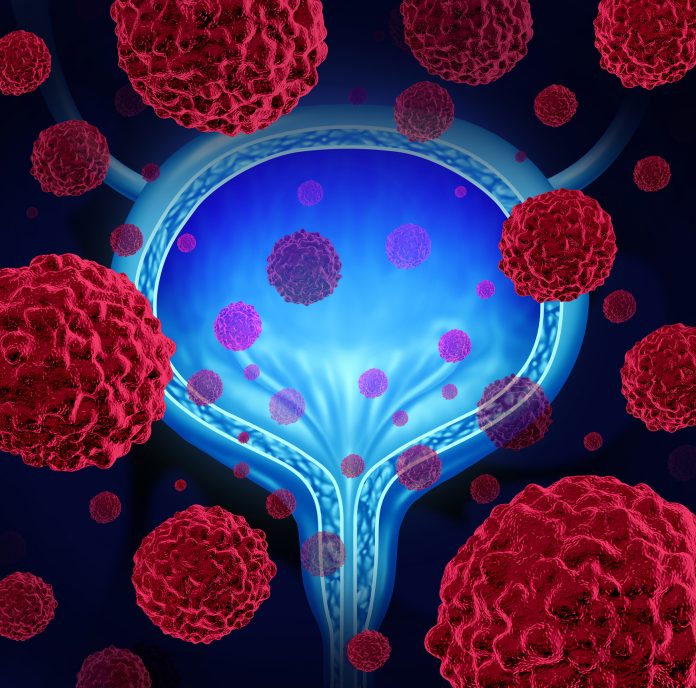
Researchers have known for decades that cisplatin achieves better objective response rates—and can even attain cure—in some patients with bladder cancer better than carboplatin. However, the mechanisms underlying those clinical observations have remained elusive until now. Investigators at the Tisch Cancer Institute at Mount Sinai Medical Center have learned that cisplatin-based chemotherapy improves the immune system’s ability to fight off bladder cancer, particularly when combined with immunotherapy, according to a study published in Cell Reports Medicine.
In in vitro experiments, the team demonstrated that cisplatin, compared with carboplatin, exerts direct immunomodulatory effects on cancer cells, promoting dendritic cell activation and antigen-specific T cell killing. These results underscore the key role of immune modulation in cisplatin’s efficacy in metastatic bladder cancer and highlight the importance of specific chemotherapy backbones in immunotherapy combination regimens.
“Our findings suggest that cisplatin does not likely induce an immune response but rather likely reboots a prior restrained immune response,” says lead author Matthew Galsky, MD, co-director of the Center of Excellence for Bladder Cancer at the Tisch Cancer Institute at Mount Sinai.
“This is not unlike what is hypothesized to occur with immune checkpoint blockade (ICB). The exact mechanisms might be different, but the result might be similar—here, we know that cisplatin the chemotherapy causes DNA damage in cancer cells,” he explains. “In turn, this DNA damage leads to downstream expression of antigen presentation machinery and danger signals which we think has a secondary impact on immune cells in the tumor microenvironment leading to activation of dendritic cells which then “reboot” restrained T cells.”
These downstream immune-stimulating effects are not observed with carboplatin-based chemotherapy. The new findings may explain why cisplatin chemotherapy can lead to cure in a small subset of patients with metastatic, or advanced, bladder cancer.
Previous large-scale studies like IMvigor130 and Keynote-361—which tested immunotherapy plus platinum-based chemotherapy with either carboplatin or cisplatin—did not appear to improve overall survival.
“However, when one dissects those studies, it looks like patients receiving cisplatin benefited from ICB,” adds Galsky. These results were validated in the recent Checkmate 901 study which showed a survival benefit with the addition of nivolumab immunotherapy to gemcitabine plus cisplatin in urothelial cancer.
“All of this data suggests that cisplatin may pair better than carboplatin with ICB in metastatic urothelial cancer given cisplatin’s ability to modulate the immune system and ICB likely has complementary immune-modulating effects,” Galsky says.













